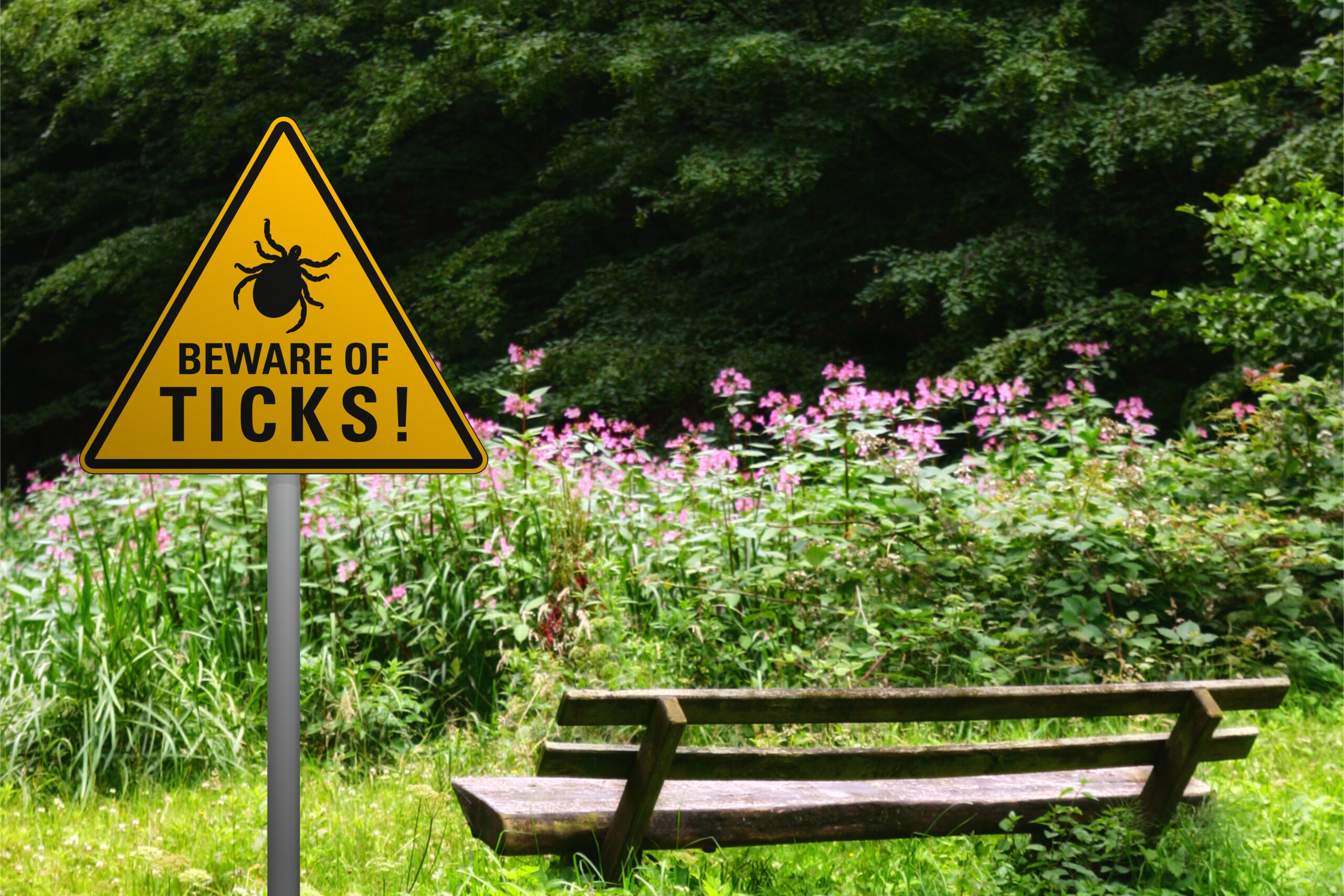
Ticks can transmit serious diseases, so look out for these symptoms.
Do you love spending time outdoors at this time of year? If so, you’re in good company – and some not-so-good company, too. Ticks are most active during the warmer months of the year, and depending on where you live, you may come in contact with ticks that can make you sick.
Here are answers to some common questions about ticks, including where you’ll find them, what types of illnesses they may cause, and how you can protect yourself.
Where do ticks live?
Ticks tend to live in grassy, wooded or brush-filled areas. They like shade and moisture. Ticks are most commonly found in the Northeast and in New England, but different types of ticks can be found in many other parts of the country as well.
Can all ticks make you sick?
There are many different species of ticks but only some transmit bacteria, viruses or parasites that can make you sick. Some diseases transmitted by ticks can be very serious, though, so if you feel sick after you are bitten by a tick, see a doctor right away. Even if you don’t remember getting bitten but have been in areas where ticks commonly live, get checked by a doctor if you exhibit signs of a tick-borne illness.
What kinds of illnesses do ticks transmit?
The most common disease associated with ticks is Lyme disease, but it’s not the only one. According to the Centers for Disease Control and Prevention, ticks in the U.S. may transmit anaplasmosis, babesiosis, borrelia mayonii, borrelia miyamotoi, bourbon virus, Colorado tick fever, ehrlichiosis, heartland virus, powassan disease, rickettsia parkeri rickettsiosis, Rocky Mountain spotted fever, southern tick-associated rash illness, tickborne relapsing fever, tularemia and 364D rickettsiosis. These illnesses are transmitted by different types of ticks and may only be found in specific regions of the country.
What are signs that you may have a tick-borne illness?
Although different illnesses transmitted by ticks each have their own set of symptoms, many have similar symptoms. If you develop any of these symptoms after getting bitten by a tick, see a doctor:
- Fever/chills
- Headache
- Muscle aches
- Joint pain
- Fatigue
- Rash
- Weakness or paralysis
How can you protect yourself from getting sick from a tick?
The best way to avoid getting a tick-borne illness is to take steps to protect yourself from getting bitten by a tick.
- Take precautions if you are in locations where ticks are commonly found. Avoid wooded, grassy and brushy areas.
- Wear long pants and closed shoes, with your pants tucked into your socks. Also wear long-sleeve shirts.
- Treat your clothing, shoes and gear with products containing 0.5% permethrin.
- Spray your skin with insect repellant containing DEET, picaridin, IR3535, Oil of Lemon Eucalyptus (OLE), para-menthane-diol (PMD), or 2-undecanone.
- Check your clothing and gear for ticks. Tumble dry clothing on high heat for at least 10 minutes to kill any ticks you may have missed. Also check pets carefully.
- Take a shower and do a tick check. Carefully look at every part of your body, using a mirror if necessary. Keep in mind that ticks can be hard to spot and may be hiding in places that are not easy to see such as behind your ears, in your hair, under your arms or between your legs.
- The faster you remove a tick, the less likely you are to become sick. If a tick has bitten you, use tweezers to grasp the tick firmly by its head near your skin and pull it straight out with a slow and steady motion. Make sure you don’t leave the head embedded in the skin.
Copyright 2023 © Baldwin Publishing, Inc. Health eCooks™ is a designated trademark of Baldwin Publishing, Inc. Cook eKitchen™ is a designated trademark of Baldwin Publishing, Inc. Any duplication or distribution of the information contained herein without the express approval of Baldwin Publishing, Inc. is strictly prohibited.
Date Last Reviewed: June 16, 2023
Editorial Review: Andrea Cohen, Editorial Director, Baldwin Publishing, Inc. Contact Editor
Medical Review: Perry Pitkow, MD
Learn more about Baldwin Publishing Inc. editorial policy, privacy policy, ADA compliance and sponsorship policy.
No information provided by Baldwin Publishing, Inc. in any article is a substitute for medical advice or treatment for any medical condition. Baldwin Publishing, Inc. strongly suggests that you use this information in consultation with your doctor or other health professional. Use or viewing of any Baldwin Publishing, Inc. article signifies your understanding and agreement to the disclaimer and acceptance of these terms of use.